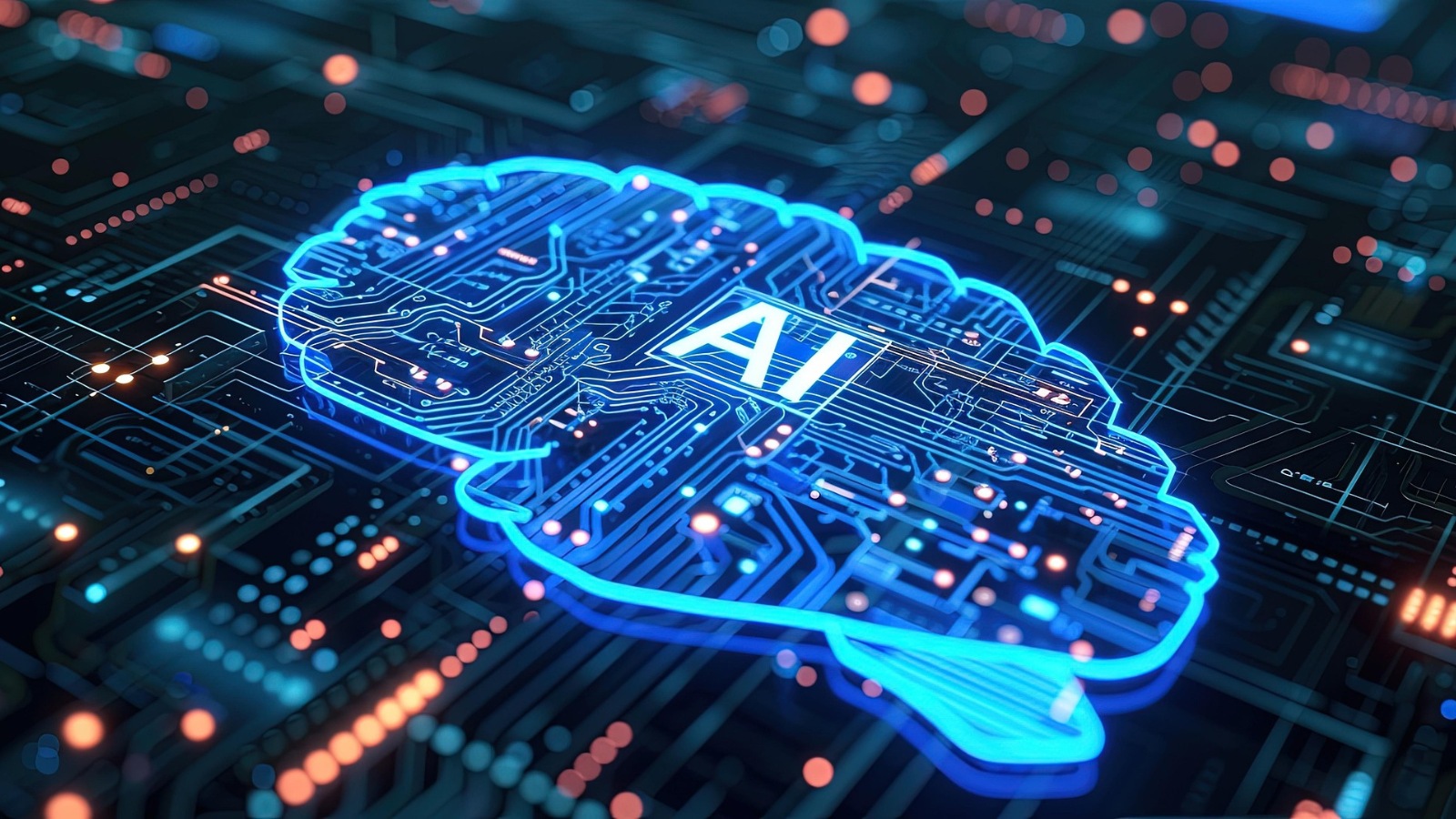
A newly published study has raised concerns about the social implications of artificial intelligence (AI) usage in professional environments. According to the research, individuals who regularly incorporate AI into their work duties are often perceived as less competent, lazier, and less intelligent compared to their counterparts who do not use AI tools.
The findings highlight an emerging stigma surrounding the use of AI in the workplace, despite AI’s growing role in boosting productivity and efficiency. Experts warn that these perceptions could lead to serious consequences for career advancement, interpersonal relationships, and team dynamics.
“The perception that someone is offloading work to a machine can lead to assumptions about their work ethic and capability,” noted one of the researchers involved in the study. This is especially significant as AI becomes more prevalent across industries, from software development and marketing to customer service and finance.
The study suggests that such biases could create tension in teams and potentially hinder collaboration if AI users are marginalized or undervalued. The authors of the report advocate for broader education around AI capabilities and ethical use to address misconceptions and promote a culture that values innovation and adaptation.
As businesses continue to integrate AI into daily operations, the study underscores the need for organizations to not only train employees on AI tools but also foster an inclusive mindset that embraces technological advancement without undermining human contribution.
Source: https:// – Courtesy of the original publisher.








